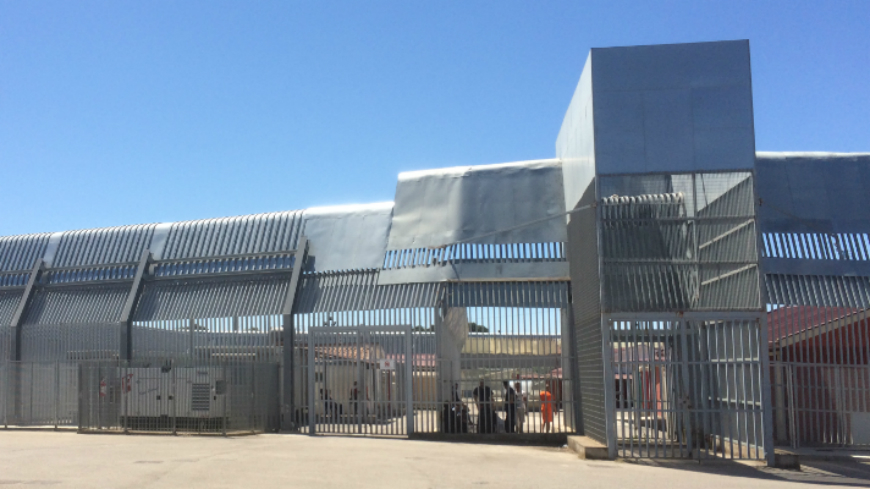At the outset, the CPT fully recognises the significant efforts invested by the Italian authorities to manage the large-scale arrivals by sea, but it stresses the need for a co-ordinated European approach to address this phenomenon.
The report highlights that in the three “hotspots” visited the atmosphere was generally relaxed and calm and no allegations of physical ill-treatment were received. Living conditions were good at Pozzallo and Trapani “hotspots”, and acceptable for short stays at Lampedusa. The CPT raises some concern over the legal basis of deprivation of liberty at the “hotspots”. Several categories of foreign nationals could be de facto detained for weeks, and the report stresses that fundamental legal safeguards should effectively apply in law and in practice in order to reduce the risk of refoulement. Further, the CPT was critical of the fact that unaccompanied minors could remain at the “hotspots” for several weeks due to the lack of available places in dedicated shelters.
At the three closed removal centres (CPRs) visited in Caltanissetta, Rome (Ponte Galeria) and Turin, hardly any allegations of physical ill-treatment were received. However, levels of inter-detainee violence and intimidation appeared to be high, particularly at CPR Caltanissetta and occasionally at CPR Turin. Tensions could be attributed to the enforced idleness in which foreign nationals were left due to the lack of activities on offer and the absence of positive staff-detainee interactions. Material conditions were notably poor at CPR Caltanissetta (poor hygienic conditions, dirty mattresses and sanitary annexes in need of urgent repair) and the CPT is highly critical of the austere and carceral layout at the Caltanissetta and Turin CPRs, which appeared to be marked by a strong emphasis on security (such as soldiers patrolling the perimeters of the CPRs and excessive restrictions applied). The report also highlights the need to improve the system of recording of injuries and the operation of fundamental legal safeguards of detained persons in CPRs, to establish an effective complaints system and to better regulate the use of segregation units/cells in the CPRs.
In their response, the Italian authorities notably provide a clarification of the legal framework governing the placement of foreign nationals at the “hotspots” and inform the Committee of the temporary closure of Lampedusa “hotspot” and Caltanissetta CPR pending their refurbishment. The response also recognizes the need to improve the offer of educational activities to detainees at the CPRs.
The main findings of the CPT are set out in the executive summary of the report.
The report and response have been made public at the request of the Italian authorities.



